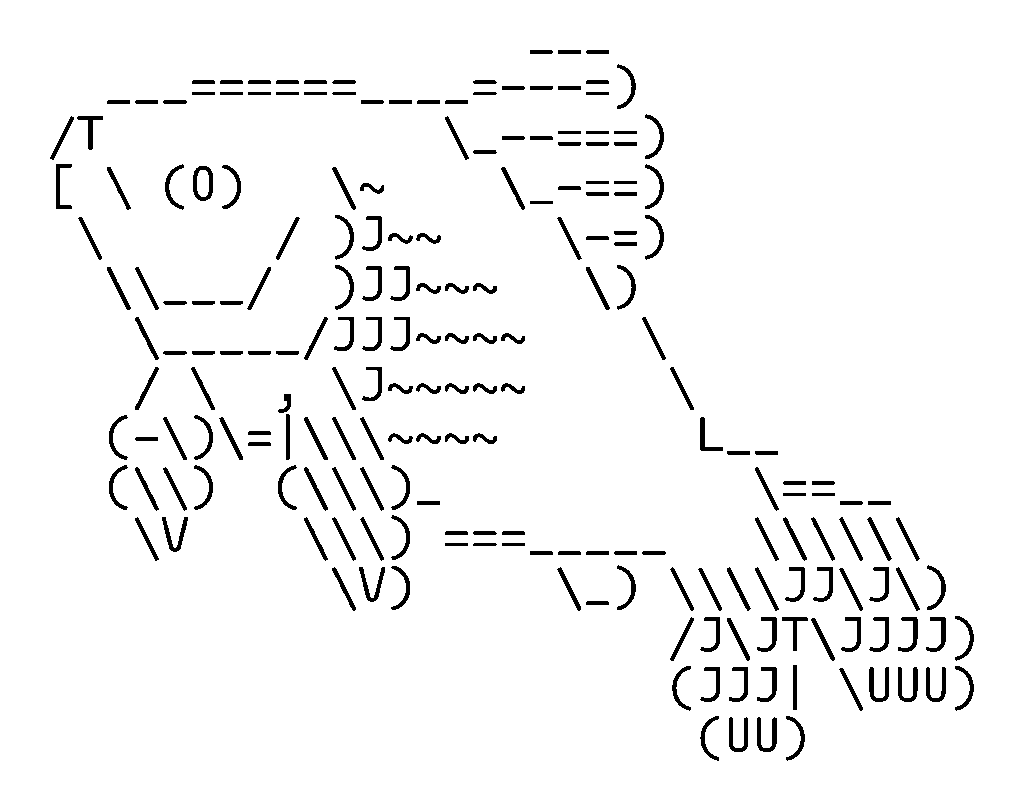
It’s the early 90’s.
Wilson Phillips and Bell Biv DeVoe were inflicting sonic torture upon our ears. Patrick Swayze sat atop the box office as a dead guy who liked to make pottery. Bryan Adam’s was topping the charts with his Robin Hood inspired power ballad while Color Me Badd was creeping us out. Terminator 2 was blowing our minds with its ground breaking special effects and everyone discovered there was a thing called Fava Beans.
No iPhones. No internet. No smart scales that explain in great detail exactly what makes us as fat as we are.
Olden times.
As teens, we were running around the woods aimlessly, sneaking out on our bikes to redeem our BookIt! Points at Pizza Hut, and being a general menace to the neighborhood.
If there had been a YouTube to document and syndicate these misadventures, we would probably be unemployable to this day.
My mom brought home a terminal and modem so she could work from home. A brainless screen that glowed amber and had zero graphics (excluding ASCII art). It looked cool, but what could you even use it for besides updating health care fee schedules?

The answer came from a kid on the bus. I don’t know how the conversation came up, but he told me about the wonderful world of bulletin board systems. You dialed into a BBS and could talk to people, use message boards and play games. Of course they were text-based, crappy games … but I was playing a GAME ONLINE. Mind blown. The future is now. Or then. Whatever.
ATDT [phone number] … and wait for the glorious beeps and bloops of your 2400 baud modem to do the magic.
Every BBS was a different system. You had no global email, you were literally dialing into some random guy’s house in Schenectady. He was the system operator — or sysop — and he ran the show. There were no rules or regulations outside of what this stranger would allow. When you joined, he would call you to make sure you’re real. When you got a little mouthy on the message boards they would call and ask for your parents. Not that that ever happened. Ok, it totally happened several times. I was 13.

This was my first introduction to online communities — and honestly it was a lot like it is today. You’d talk about a particular interest you had — and then argue with local strangers about it. Which Mario game was best, whether or not Metallica sucks now… We immediately used all of this wondrous technology to argue with middle-aged men. Of course it wasn’t all bad. You also met some cool people, got to connect to the outside world — and when you weren’t terrorizing them — found some nerdy kindred spirits who cared enough to seek out bulletin boards.
The software had cool names like WWIV, and as soon as I got a proper PC I wanted to run my own BBS. I’d architect the discussion groups, make the menus and create some kick-ass ascii art for the login page. Of course it’s hard to tell your family that their one phone line connecting them to the rest of the world is off limits so 40-something IT employees could argue about movies. My BBS never took off. Or started. But it did plant that seed: creation, curation, design and community building.
Over the years the systems got more complex. Message boards became live chat and text-based games became downloadable shareware games. My first exposure to classics like Doom and Castle Wolfenstein was on a bulletin board. And again, with no rules, the occasional SysOp would post full versions of retail games. Baby’s first exposure to piracy.
The dial-up BBS survived a while after full-fledged internet services like Prodigy, CompuServe and AOL popped up. The people on a BBS were loyal to their board and to the other people who logged in — it was their community. It wasn’t until the internet proper offered too much to pass up that people started to ditch BBS’.
For all of the rudimentary amber text and lack of features we take for granted today, the original BBS days were magical in their own weird way. It felt like you found something — a hidden world inside a brainless terminal box to talk to people, play games and download files.
A secret community of other tech nerds who were curious enough to find it.

The Senior Designer, written by Eric Millington, is a blog series where Eric reflects on his 35 year history and career in digital design and technology.